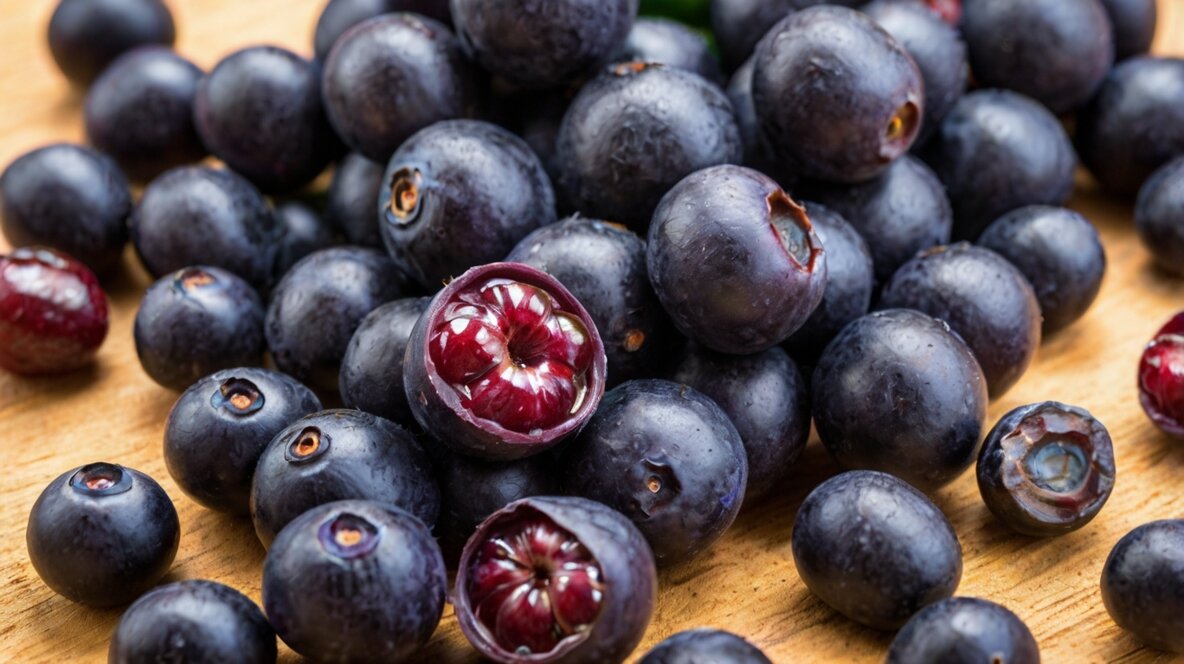Table of Contents
As a cat owner, you probably wonder about what treats are safe for your furry friend. Among those foods that are often confused is coconut. With the rise in popularity of coconut-based products for humans, it’s natural to ask: Can cats eat coconut? In this guide, we’ll dive deep into the health impacts of coconut for cats, breaking down everything from the risks to the potential benefits.
Let’s explore whether coconut is a safe snack for your feline companion and what you, as a pet parent, need to consider.
What Is Coconut?
Coconut is a tropical fruit, known for its refreshing water, creamy milk, rich flesh, and versatile oil. Humans often enjoy coconut for its flavor and health benefits, but the big question remains: Can cats eat coconut safely?
Can Cats Eat Coconut?
The short answer is yes, cats can eat coconut, but with some important caveats. While coconut is not toxic to cats, it’s not necessarily the best treat either. Let’s break it down.
Is Coconut Safe for Cats?
Yes, coconut in small amounts is generally safe for cats. However, like any human food, moderation is key. Too much coconut can cause digestive upset, including diarrhea or stomach cramps.
Can Cats Eat Coconut Meat?
The flesh of the coconut, also known as coconut meat, is not poisonous to cats. However, it is high in fats and oils, which can be difficult for cats to digest. A tiny bit as an occasional treat may be fine, but it’s not a recommended staple for a cat’s diet.
Potential Benefits of Coconut for Cats
While not essential for a cat’s diet, some potential health benefits could be considered.
1. Medium-Chain Triglycerides (MCTs)
Coconut contains MCTs, which are believed to boost energy and improve cognitive function in some animals. Though more research is needed on their effects on cats, this compound may offer a small benefit.
2. Anti-inflammatory Properties
Some pet owners believe that coconut oil has anti-inflammatory effects that may soothe a cat’s skin when applied topically. It could help treat dry skin or minor irritations.
Risks of Coconut for Cats
Despite the potential benefits, there are several risks associated with feeding coconut to cats.
1. High Fat Content
Coconut is very high in fat, particularly saturated fat, which can lead to obesity in cats if consumed in large quantities. Over time, excess fat in a cat’s diet may result in pancreatitis, a dangerous condition.
2. Digestive Upset
Because of its fat and fiber content, too much coconut can cause digestive issues in cats, such as diarrhea, vomiting, and bloating. Cats have sensitive stomachs, so introducing new foods should always be done cautiously.
3. Allergic Reactions
While rare, some cats might be allergic to coconut. Symptoms of an allergic reaction include itching, swelling, and difficulty breathing. If you notice any of these signs after feeding your cat coconut, contact your vet immediately.
Can Cats Eat Coconut Oil?
Many people use coconut oil for its supposed health benefits, but can cats eat coconut oil? Again, the answer is yes, but with moderation.
Pros of Coconut Oil for Cats
Coconut oil is known for its moisturizing and antibacterial properties. Some cat owners use it to treat minor skin issues or as a hairball remedy. Additionally, coconut oil might provide a small energy boost for cats.
Cons of Coconut Oil for Cats
However, because coconut oil is so high in saturated fats, it can contribute to weight gain and other fat-related health problems if fed too often. Stick to a tiny amount—if at all—and consult your vet beforehand.
Can Cats Eat Coconut Milk?
Coconut milk is another popular product, but should cats drink it? Unlike cow’s milk, coconut milk doesn’t contain lactose, but that doesn’t make it a good choice for your feline.
Coconut milk is high in fats and sugar, neither of which are beneficial to a cat’s diet. Regular consumption of coconut milk could lead to weight gain and even diabetes in the long term.
Can Cats Eat Coconut Water?
What about the trendy coconut water? This drink is often marketed as a healthy, hydrating option for humans, but it’s not necessary for cats. While it’s not toxic, coconut water contains a lot of potassium, which could potentially lead to health issues in cats if consumed in large amounts. Stick to fresh water for your cat’s hydration needs.
How Much Coconut Can a Cat Eat?
If you’re curious about sharing coconut with your cat, keep portions very small. A little nibble of coconut meat or a tiny lick of coconut oil as a rare treat won’t harm your cat. However, coconut should never be a significant part of their diet.
Here’s a good rule of thumb: Treat coconut like a dessert for your cat—only offer it occasionally and in tiny portions.
What To Do If Your Cat Eats Too Much Coconut
Accidents happen! If your cat gets into a large amount of coconut, they may experience digestive distress—think vomiting, diarrhea, and a possible upset stomach. In this case, monitor your cat closely and contact your vet if symptoms persist for more than a few hours.
Healthy Alternatives to Coconut for Cats
If you’re looking for safe, healthy treats for your cat, there are plenty of options beyond coconut.
1. Cooked Meat
Cats are obligate carnivores, meaning they thrive on meat. Cooked chicken, turkey, or beef in small amounts can make excellent treats.
2. Catnip
Many cats love catnip, and it’s a safe and low-calorie treat for most felines.
3. Commercial Cat Treats
There are also plenty of specially formulated cat treats that are both safe and nutritious.
Conclusion: Can Cats Eat Coconut?
So, can cats eat coconut? The answer is yes, but it’s not the best choice for their diet. Coconut and its byproducts can be offered in very small amounts as an occasional treat. However, the high-fat content, risk of digestive upset, and potential for allergic reactions mean it’s not something to be given regularly.
If you want to pamper your kitty, stick to more suitable treats like cooked meat or catnip, and always consult your vet before introducing new foods.
FAQs
1. Can cats eat coconut flakes?
Yes, but only in tiny amounts. Coconut flakes are high in fats and should only be given occasionally.
2. Is coconut oil good for cats’ fur?
Coconut oil can be applied topically to help moisturize a cat’s dry skin or fur, but be cautious when using it as a regular part of their diet.
3. Can kittens eat coconut?
It’s best to avoid feeding kittens coconut, as their digestive systems are even more sensitive than adult cats’.
4. Can coconut cause diarrhea in cats?
Yes, due to its high fat content, coconut can cause digestive upset, including diarrhea, if fed in large amounts.
5. Is coconut yogurt safe for cats?
Coconut yogurt may contain added sugars and other ingredients that are not ideal for cats. It’s better to avoid offering coconut yogurt to your pet.



